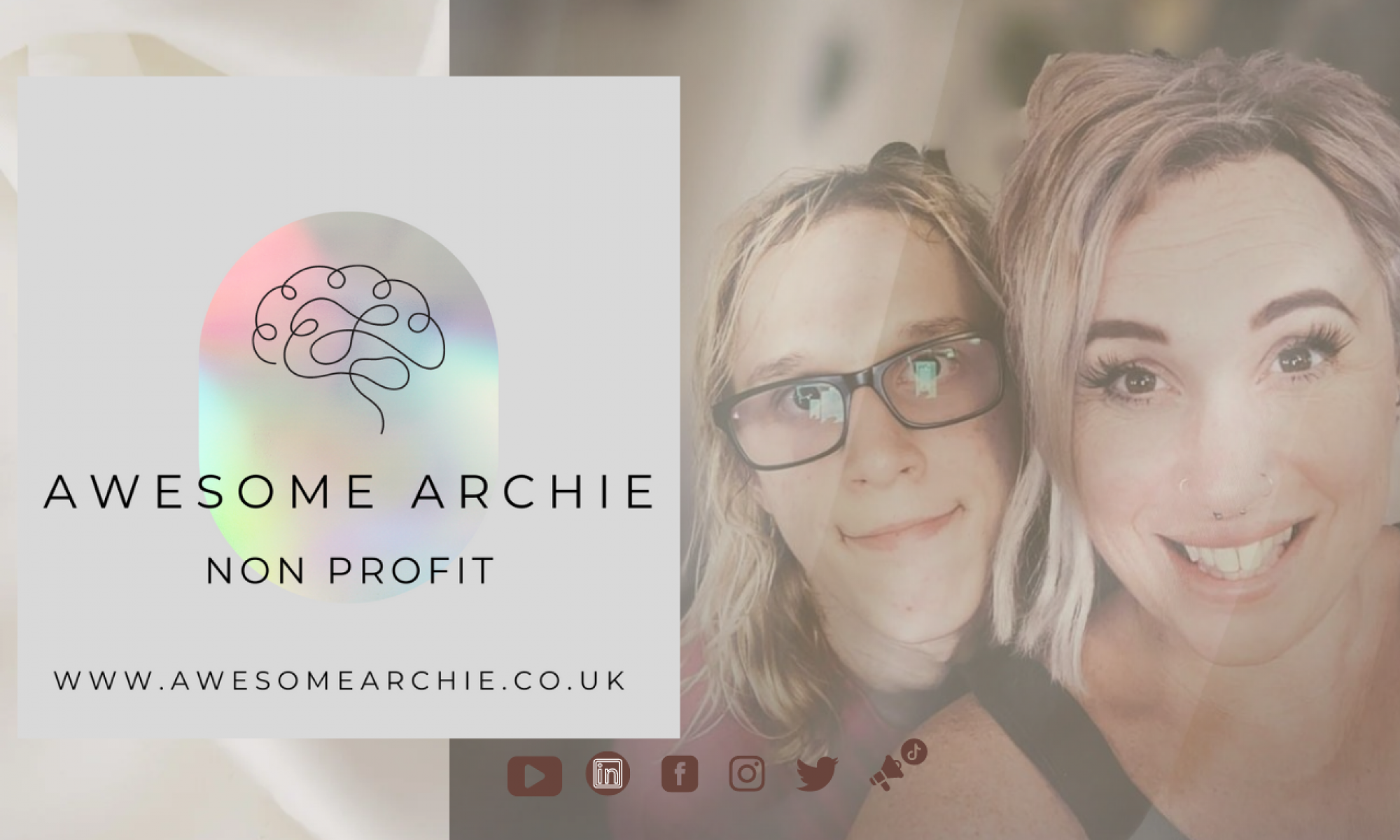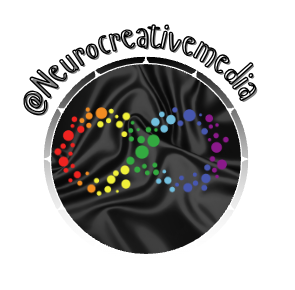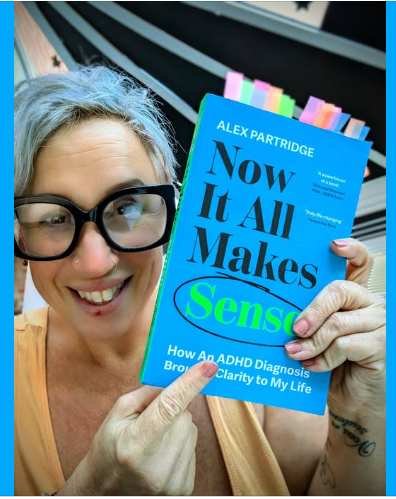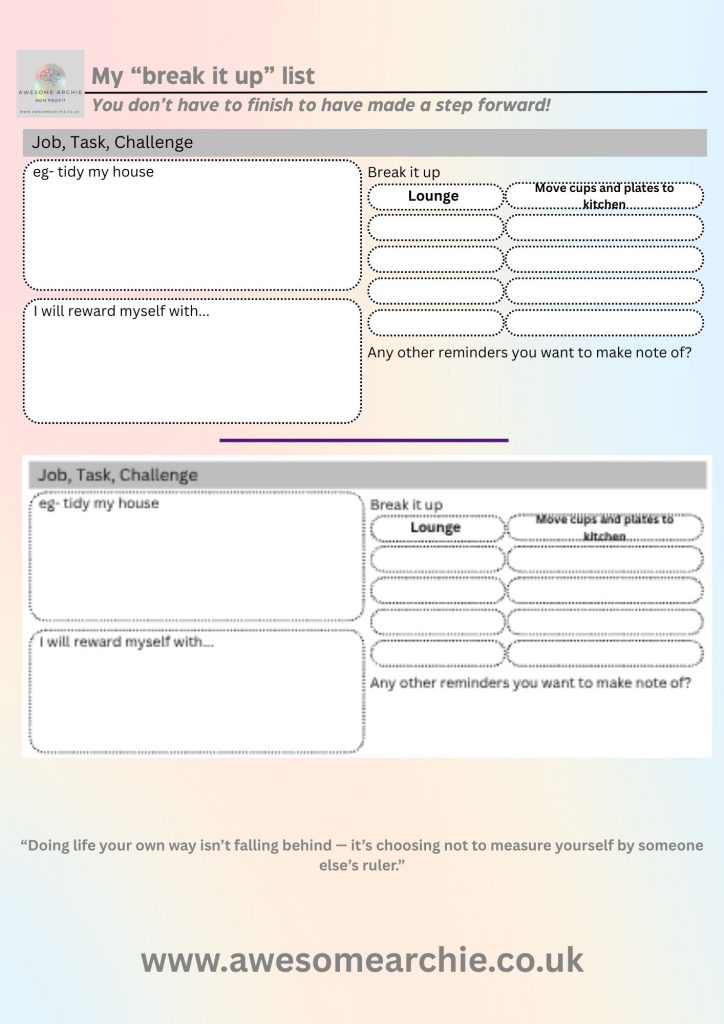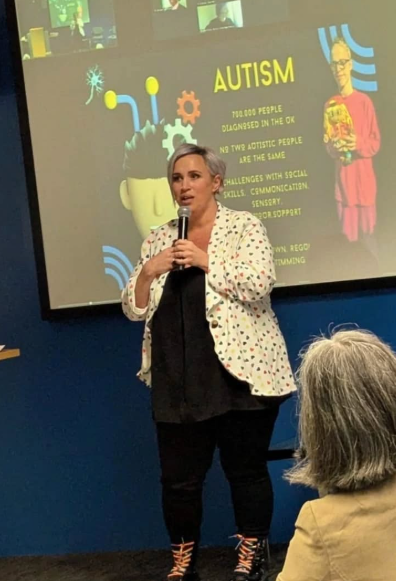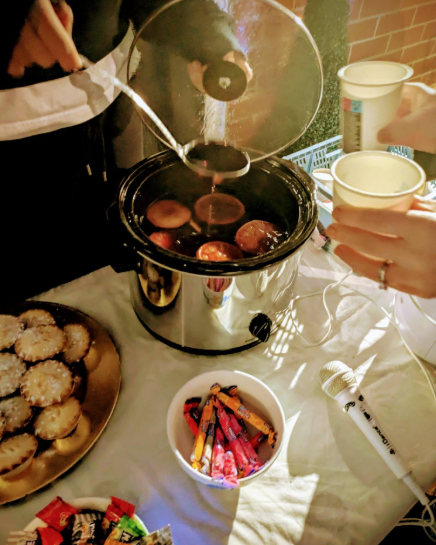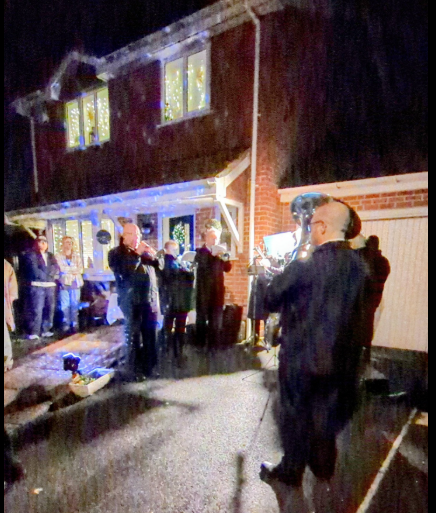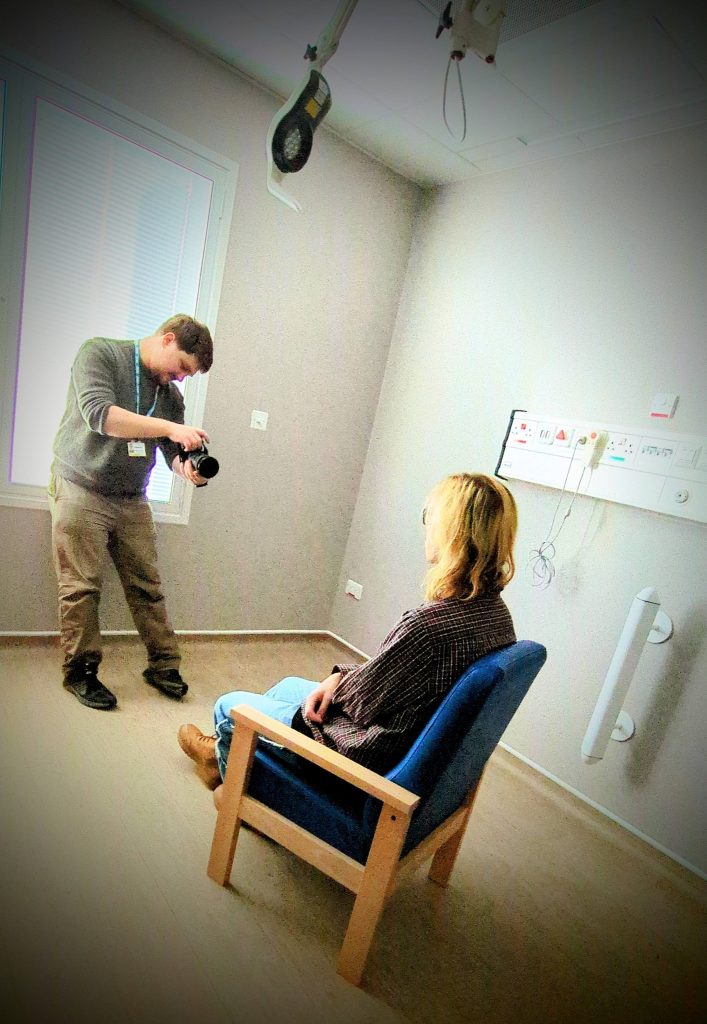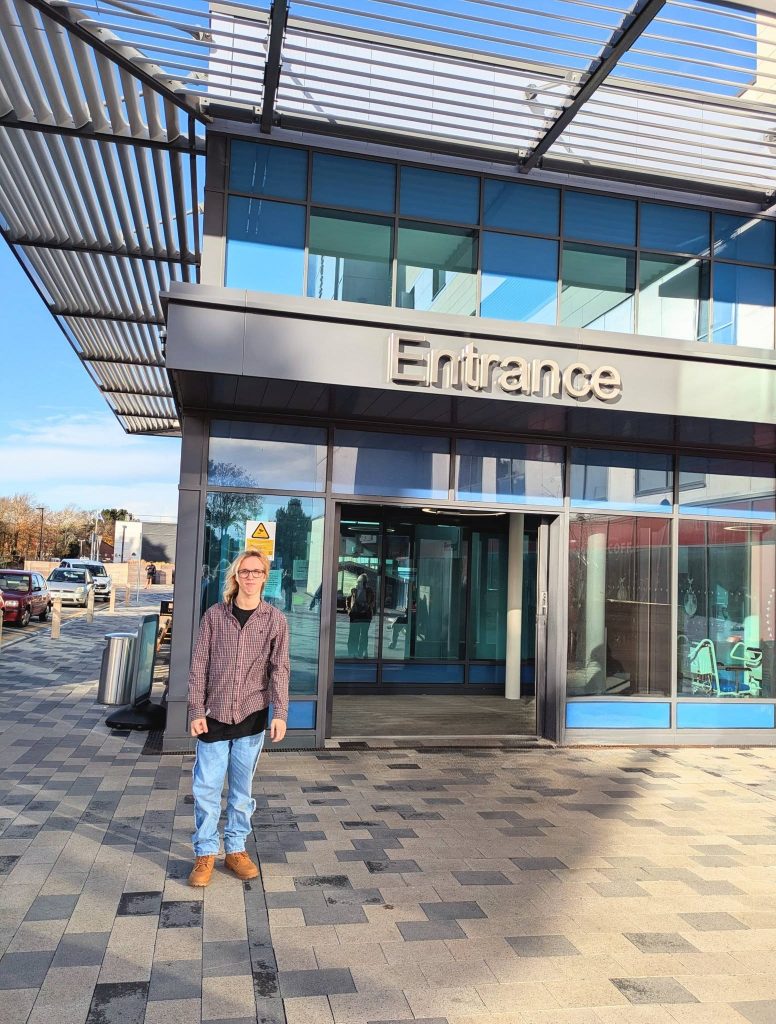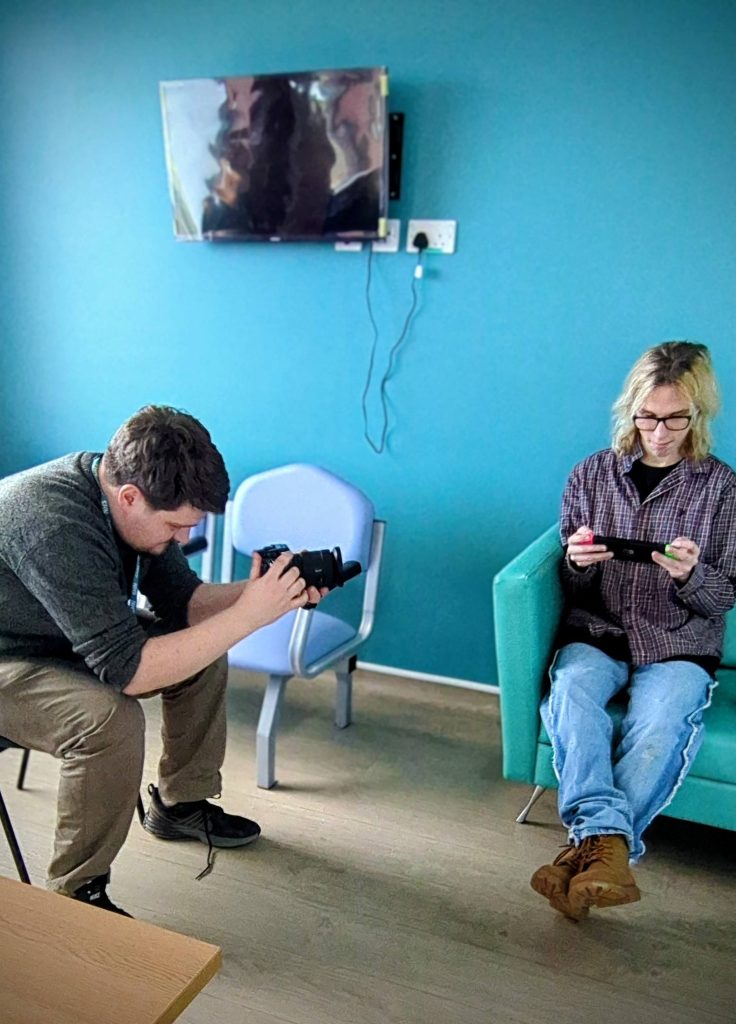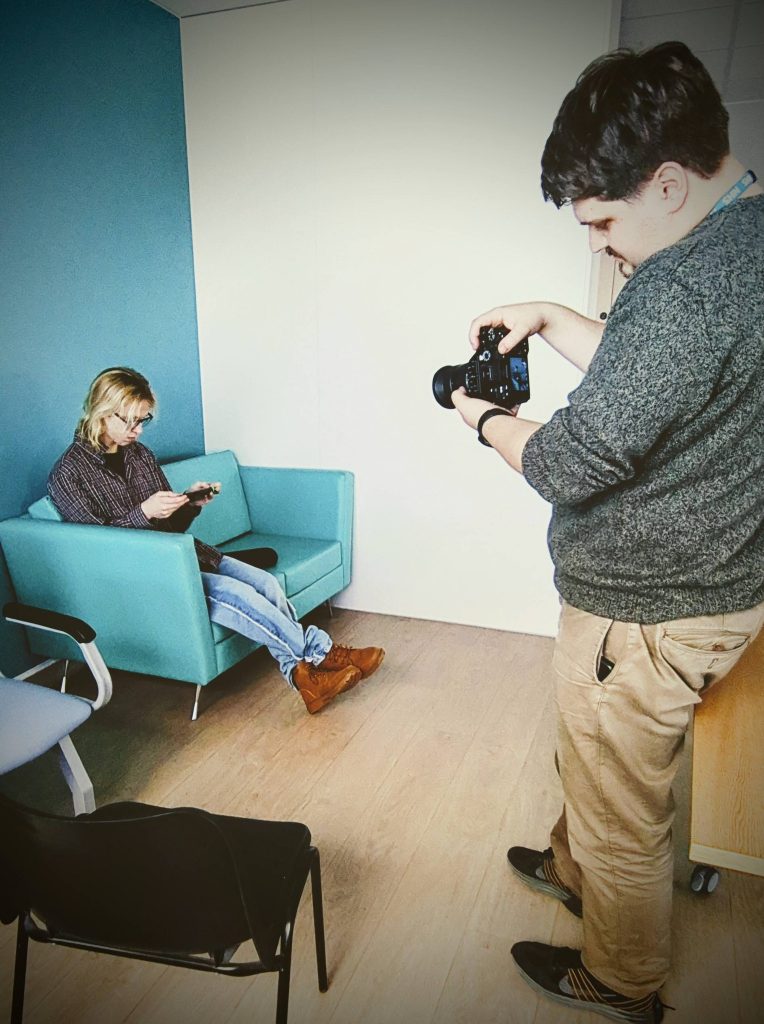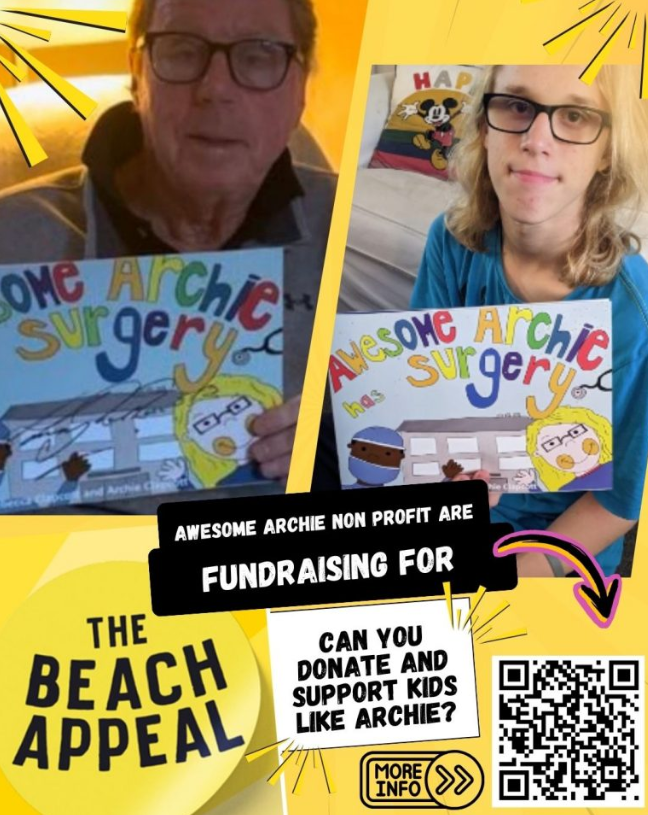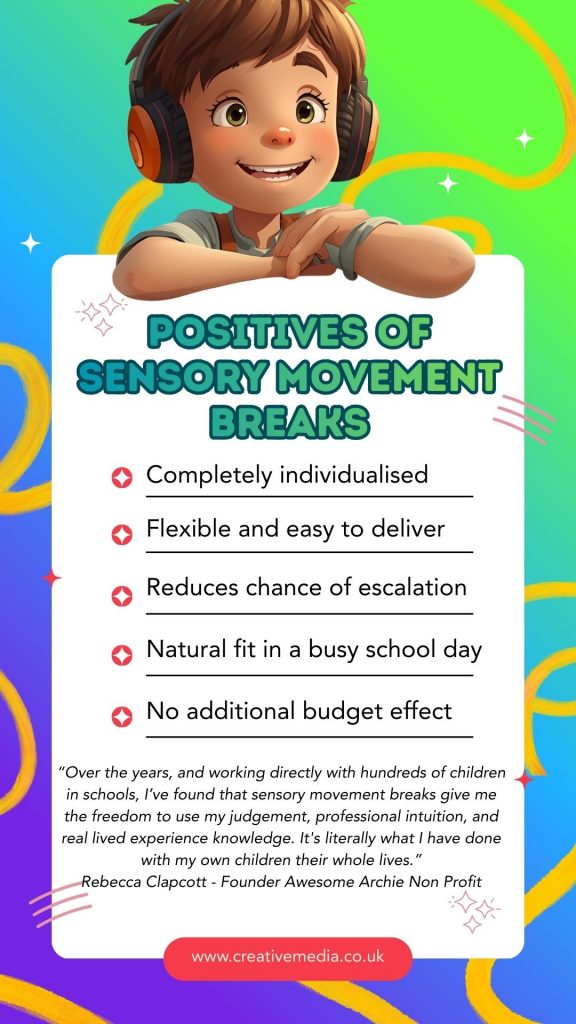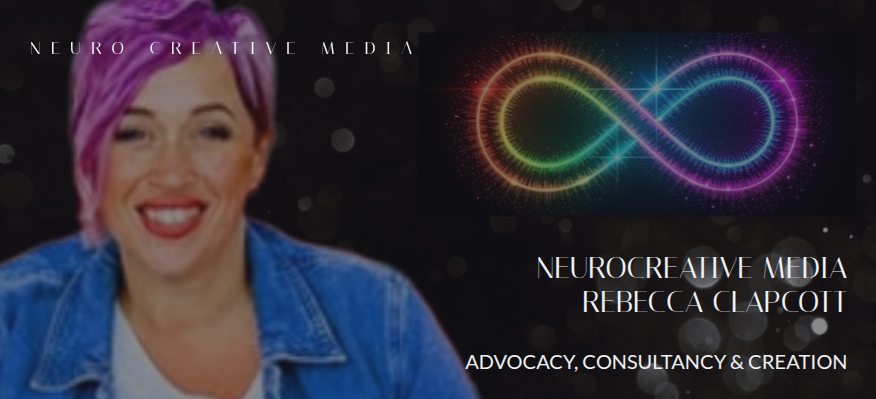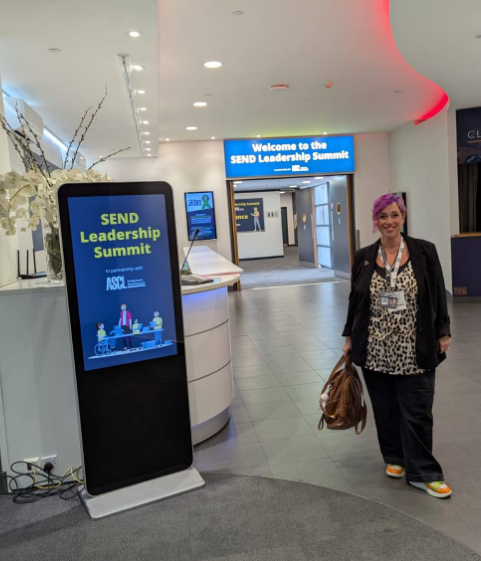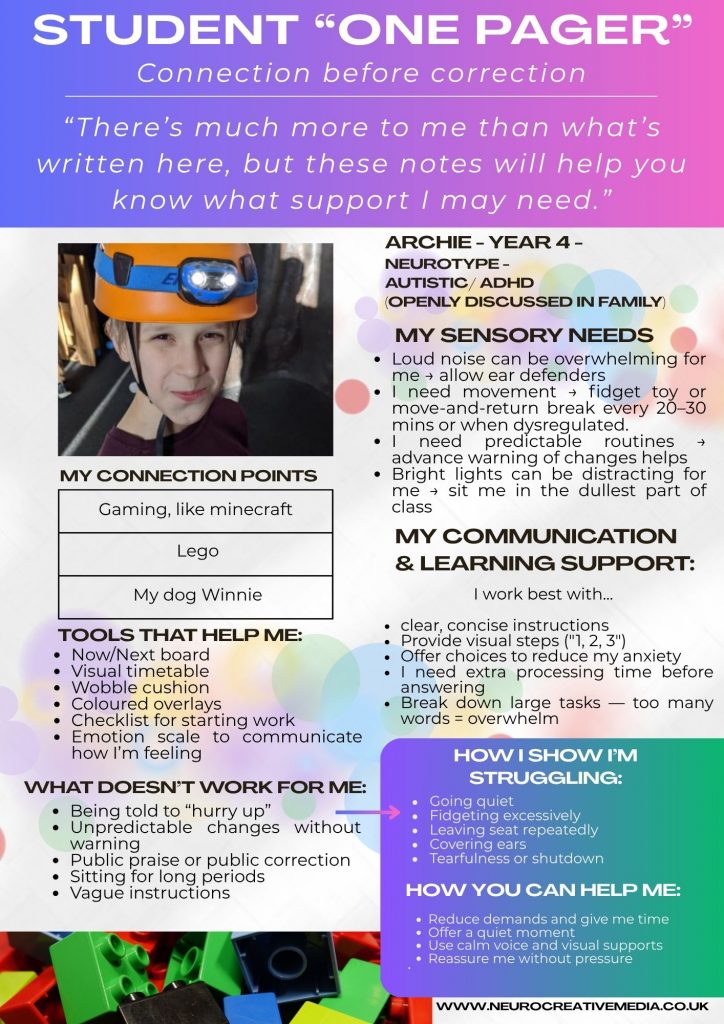First of all — a huge sorry for the delay in getting this blog out. The last few weeks have been a complete whirlwind BUT in the best possible way. Between events, planning, meetings, and a mountain of behind-the-scenes work, the days have just flown by. It’s been busy, exciting, a little bit chaotic… but totally worth it.
Now that things have settled just enough to catch a breath, it feels like the perfect moment to share everything that’s been happening at team Awesome Archie.
Awesome Archie proudly supports the UHD Charity & the “Do IT for the Kids” Campaign.
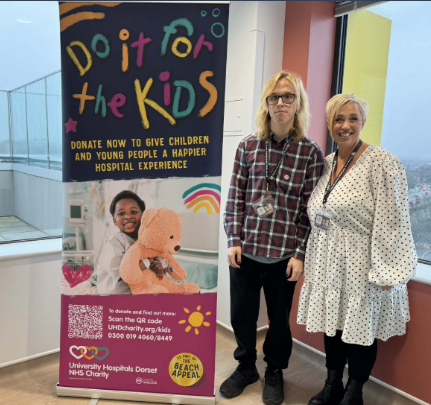
One of the biggest highlights recently has been Awesome Archie stepping up to support the brand-new fundraising campaign, “Do IoT for the Kids.” This initiative, created by the brilliant UHD Charity, aims to stock its new children’s ward with sensory toys, artwork and activities to make young people’s experiences more positive. The new unit will be opening in Royal Bournemouth Hospital’s BEACH Building this summer, but additional items are not covered by government funding. We have the “beautiful cake… but now we need the sprinkles” 😉
The official launch was nothing short of magical — a Mad Hatters Tea Party that perfectly captured the creativity and imagination behind the campaign. From colourful decorations to playful themes and smiling faces everywhere, the event set exactly the right tone: fun, inclusive, and full of hope for the future.
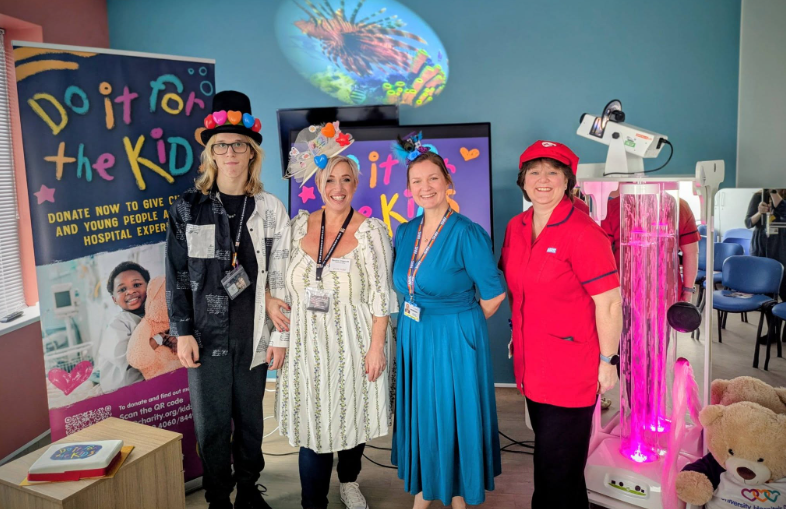
Why This Campaign Matters So Much
“Do IT for the Kids” isn’t just another fundraiser — it’s about opening doors. Technology is shaping the world faster than ever, and access to digital tools and learning can make a life-changing difference. By supporting this campaign, we’re not only raising funds; we’re helping build confidence, skills, and futures. Kids need education and play, it’s their lawful right, so we are supporting the fundraising efforts. We aim to help raise £350.000 but we can only do this with YOUR HELP!
We are so PROUD and greatful to be able to support this AWESOME cause!
more deets here… https://www.uhdcharity.org/kids/
The “Day Job” I Truly Love
Alongside all the excitement of events and campaigns, I’ve also been fully immersed in my day job — working as a consultant ( current role is in tech support) for IMROC — and I honestly couldn’t be more grateful. It’s one of those roles that constantly challenges me but i LOVE IT! Every single day brings something new to learn, a new problem to solve, or a new awesome person to connect with.
What I love most is the people that I get to interact with. I’ve had the chance to meet some truly amazing individuals — passionate, driven, and endlessly supportive. There’s something super fulfilling about being able to help others but while being helped too!
I genuinely feel very lucky to be in a position where I’m learning every day while also feeling valued and useful. Not everyone gets to say they enjoy their day job, so I will never take that for granted.
And Lastly- A Week of Just Being Mum 😍
After all the busyness, I’m really looking forward a whole week dedicated to just being a Mum. No big launches, no packed schedules, no rushing around… just slowing down and enjoying the everyday moments.
The plan? Plenty of chilling, movie nights under blankets, maybe a cheeky takeaway or two, and yes — the inevitable cleaning days for me… blurrrggh. But even the boring loo cleaning bits have their place. For me there is so much comfort in our private, gentle routine and a kind of peace in doingnothing with the people who matter most….our awesome kids 🙂
.
And finally, a massive thank you to everyone who continues to support, encourage, and cheer from the sidelines. Whether it’s through kind messages, shares, follows or simply taking the time to read these updates — it truly means more than you know. Here’s to balance, gratitude, and whatever exciting (or relaxing!) weeks come next.
